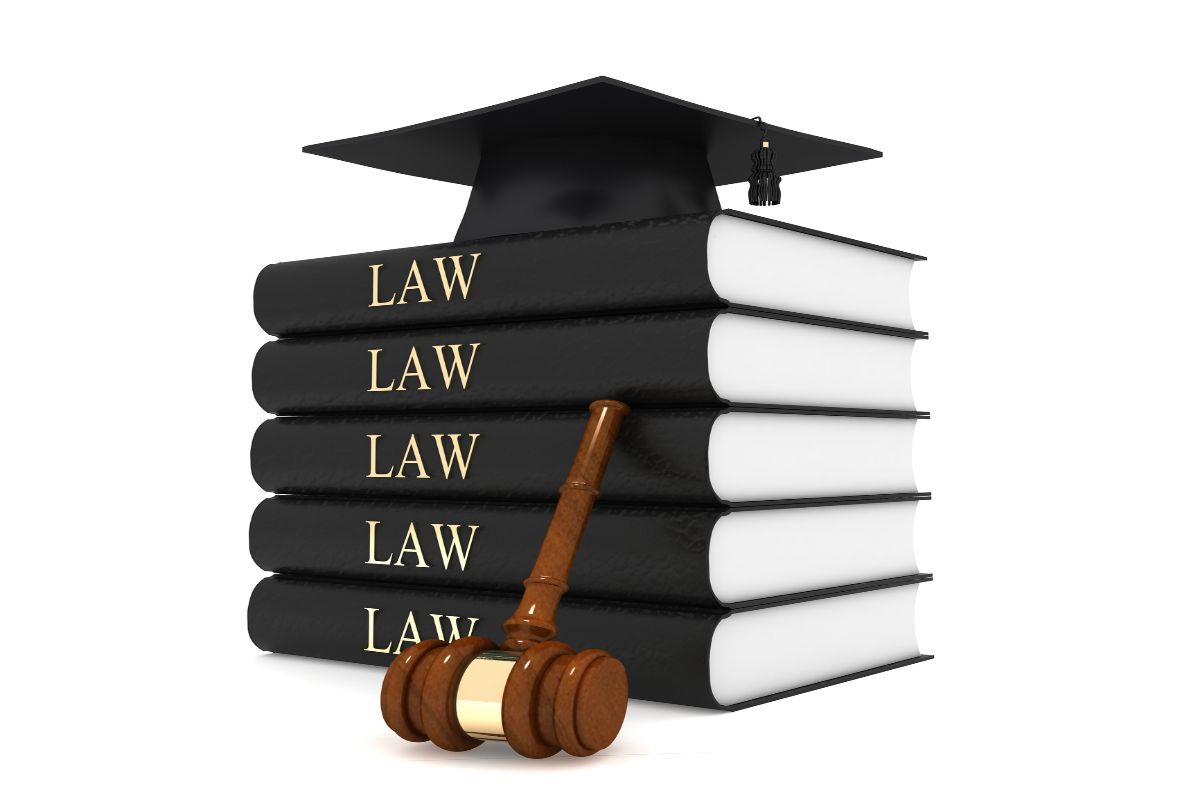California Creates Provisional Licensing Program For Newest Graduates

At the end of October, as just about every law student in the state of California knows, the California Supreme Court approved a provisional licensing program for 2020 law school graduates. The Supreme Court ordered the creation of a provisional program last July, citing the effects of the coronavirus pandemic and discussing a delayed, online bar exam on graduates.
“The court recognizes that postponement of the bar examination may impact employment prospects, delay incomes, and otherwise impair the livelihoods of persons who recently have graduated from law school,” the court wrote.
Meanwhile, states across the country are pushing forward with plans to administer another online bar exam in February. New York, Pennsylvania, Maryland, and Connecticut have all committed to online tests.
California’s highest court approved Rule of Court 9.49, thus allowing anyone who became, or will become, eligible to sit for the bar exam between Dec. 1, 2019, and Dec. 31, 2020, to temporarily practice under the supervision of a licensed attorney until June 21, 2022. This new rule went into effect on November 17th and representatives of the California State Bar expected to begin accepting applications immediately, which they did.
State bar interim executive director Donna Hershkowitz stated “we know that this year’s graduates have been anxiously awaiting certainty about the details and timeline of this program, so we have been working hard to expedite its development. We look forward to being able to offer it to the first group of eligible graduates in the next four weeks.”
For a person to qualify, he or she must have an actual job offer or volunteer opportunity prior to submitting an application. Applicants must have an offer of employment, or a commitment to volunteer with a law firm, legal services organization, corporate legal department, or government agency.
Applicants must still submit a moral character application and complete the state bar’s new attorney training program within a year of applying. While approved participants may practice law, they must identify themselves to clients and courts as a provisionally licensed lawyer. Finally, they must pass the bar exam in California by June 2022 to continue their practice of law.
The court in July lowered the passing bar exam score from 1440 to 1390 but declined to make the change retroactive. The state bar division that formulated the provisional rules had voted to recommend that the program be expanded to anyone who scored 1390 or higher on past bar exams retroactively to July 2015.
Attorneys must be prepared to satisfy clients regardless of the nature of the services provided. The CDTA provides the training that attorney-advocates require to meet the needs of clients in the 21st Century. At CDTA, we train, educate, and develop students to be exceptional attorneys and trial advocates. Call us today at (760) 342-0900 or find out more online here.


